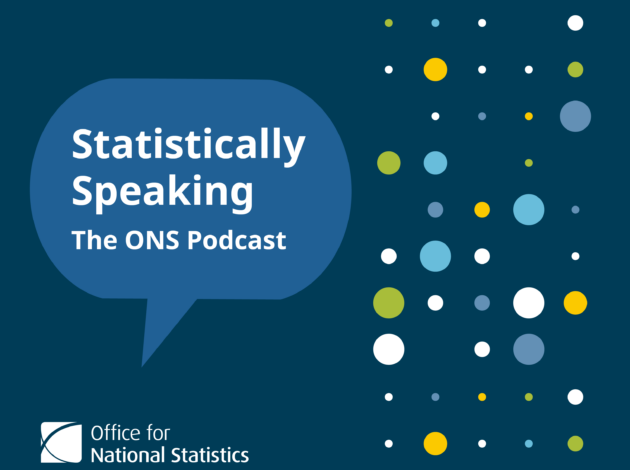The role of public data in diagnosing the nation’s health

Our population is growing and most of us can expect to live longer lives. But are we actually healthier, or are more of us merely living longer and spending more time dealing with different illnesses and conditions?
This is just one question we answer in the latest episode of Statistically Speaking, which examines the very complex matter of health and looks at the important role that public data plays in taking the pulse of the nation.
Joining Miles to discuss what the data are telling us are ONS colleagues Julie Stanborough, Deputy Director of Health and Life Events; Neil Bannister, Assistant Deputy Director of Health Analysis; and Jonny Tinsley, Head of Health and Life Events Data Transformation.
We find out how the Health Index, dubbed “the GDP of health”, is already proving a useful tool for local health leaders; explore the impacts of Covid-19; and hear how data linkage is key to our efforts to get more detailed insight, and was vital to our understanding of the pandemic.
We also look at the impact of an ageing society and whether the most common causes of death are changing as a result.
As Neil Bannister explains: “An ageing society places a big burden on the health and social care systems in the country.
“Dementia and Alzheimer’s is the leading cause of death now in England and Wales, and the number of people diagnosed in the UK is expected to reach around 1 million by 2025.”
Click here to listen to the full episode now or find us on your podcast app of choice.